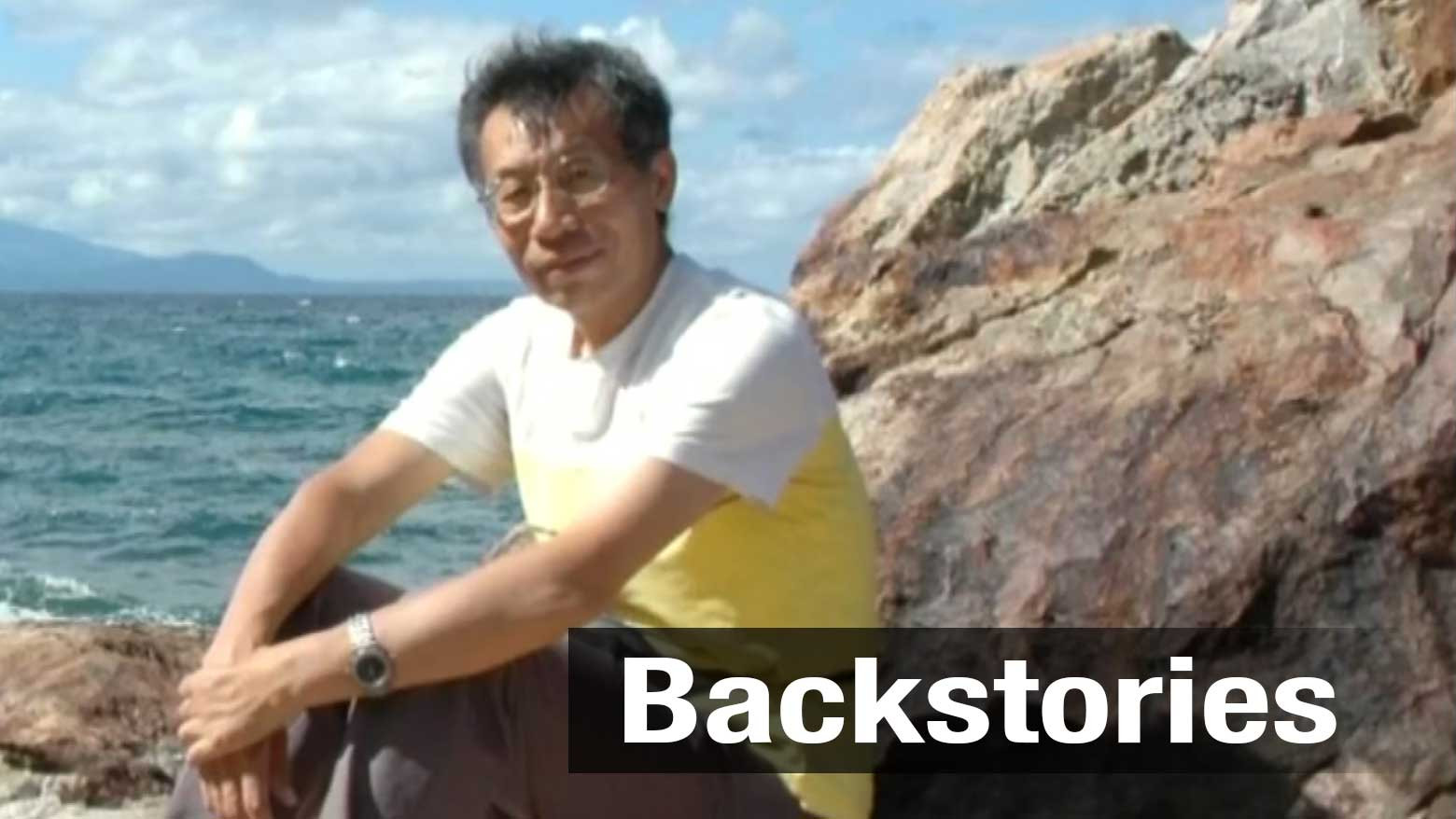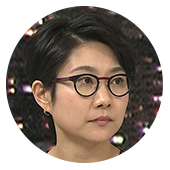Yuan Keqin came to Japan in 1984. For 25 years he has taught at the Hokkaido University of Education, specializing in the politics of East Asia since World War Two.
In late May, he returned to his hometown of Changchun in Jilin Province to attend the funeral of his mother. It was there, according to an eyewitness, that he was snatched by someone on a street.
The Chinese government initially stayed silent on Yuan’s whereabouts. But in late March, about 10 months after his disappearance, the authorities admitted officially that they had detained him.
A Foreign Ministry spokesperson said Yuan was under investigation by national security authorities on suspicion of espionage. The spokesperson also said he had confessed, and the evidence was clear. But the government has not said what that evidence is.
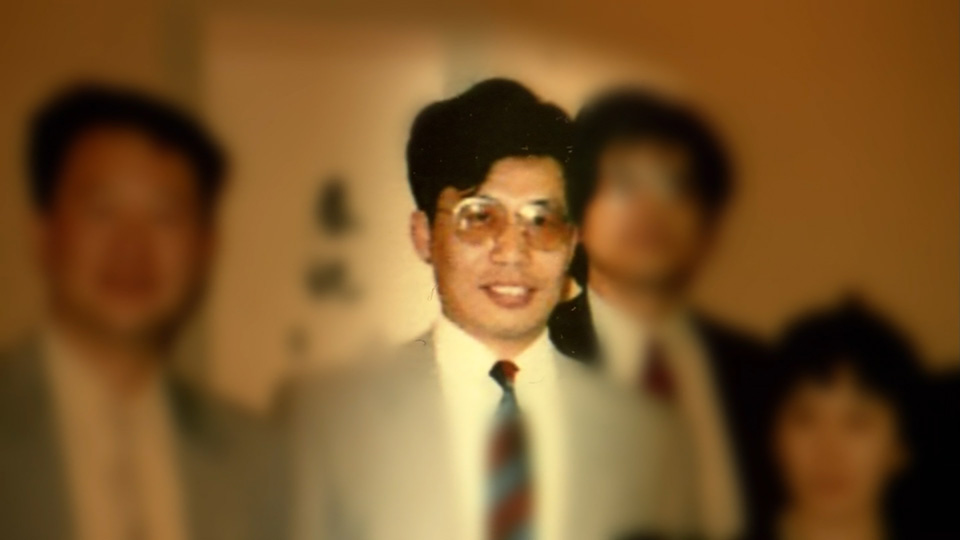
China’s current anti-espionage law came into effect in 2014 as President Xi Jinping's leadership began increasing censorship. The law says that anyone deemed to have harmed national security through spying could face the death penalty.
A report on human rights issued by the US State Department in March claims that Chinese authorities have arbitrarily detained citizens and foreigners, citing national security, and argues that the scope of the law is broad and ambiguous.
The Japanese government says 15 of its nationals have been detained in the past five years.
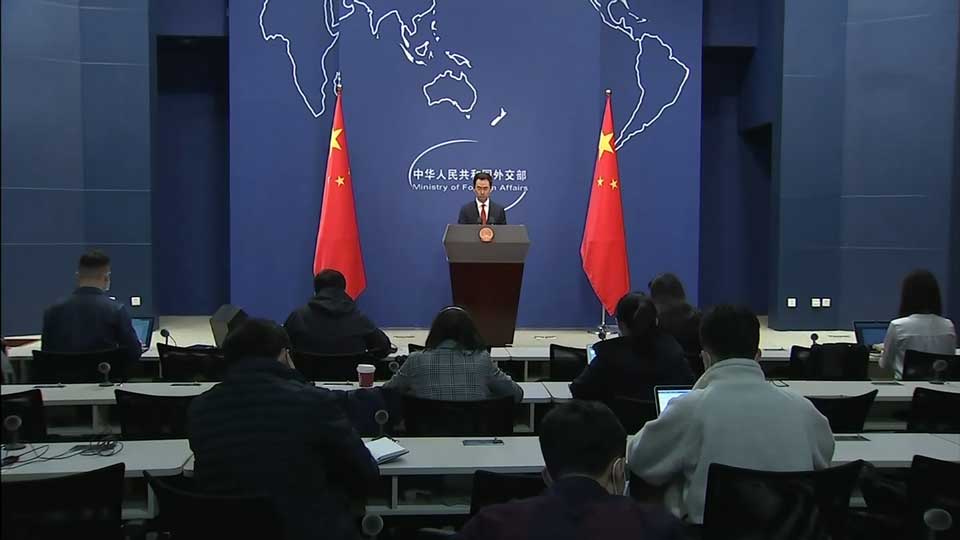
Hokkaido University Professor Iwashita Akihiro has known Yuan for about two decades. He says the Chinese professor’s links to the 1989 Tiananmen Square incident may be a factor behind his detention.
Back then, many Chinese students in Japan staged protests outside China’s Embassy and elsewhere for several days. Yuan is said to have been a major figure among the protestors.
But the professor later shied away from political activities and focused on his research. More than a decade ago, he started visiting China several times a year for his university work and other purposes.
"If the Chinese authorities see his activities 30 years ago as a problem, it’s not clear why," Iwashita says.
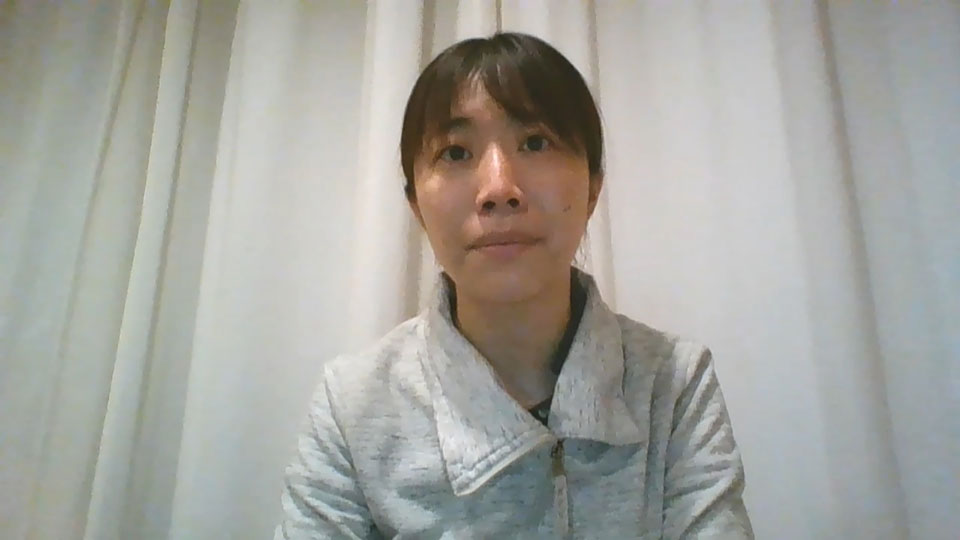
Yuan Ying, the professor’s daughter, is praying for her father’s return.
"I won’t be able to stand it if my father is given a sham trial and gets a prison sentence in China," she says. "Please help me get him back."
